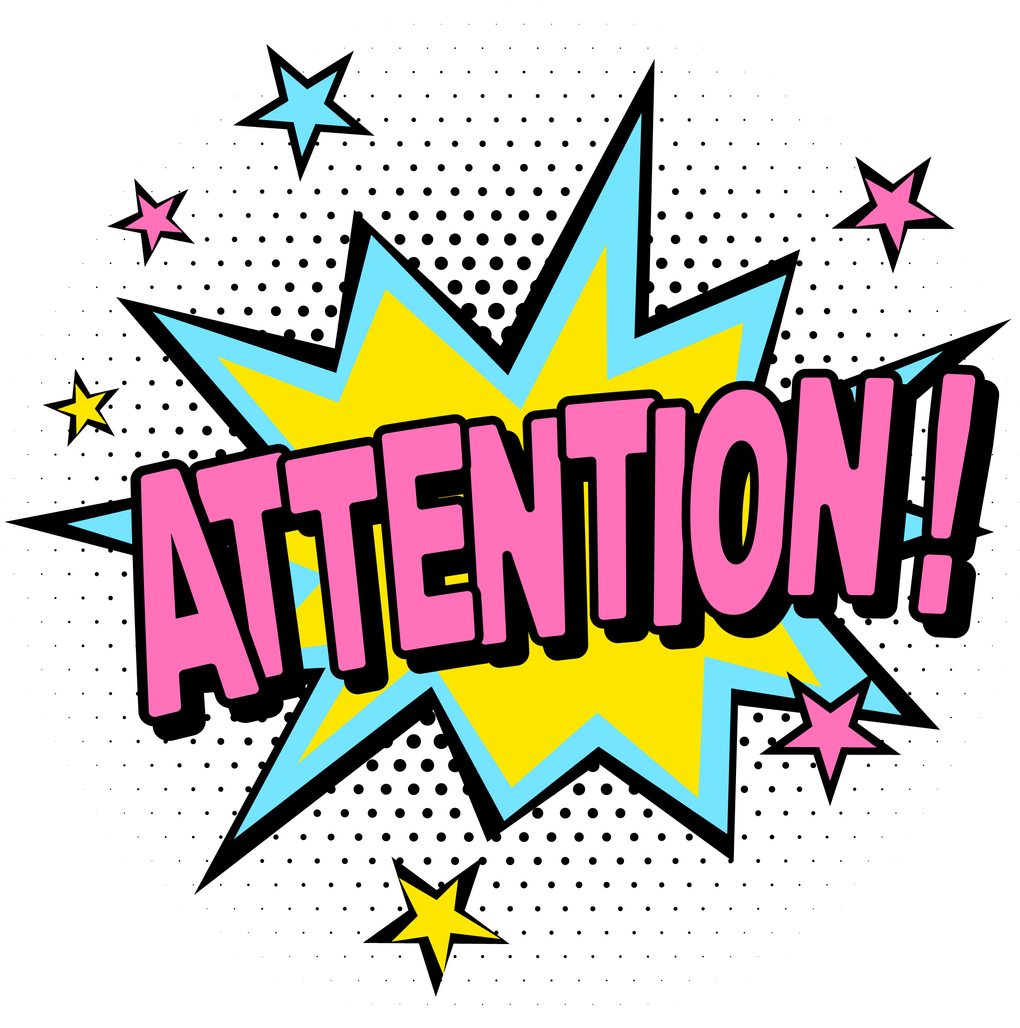
The Distracting Web of Modern Life
Throughout history, life’s complexities have puzzled philosophers, artists, and the average person alike. Today, our consciousness, cultural diversity, and the endless pursuit of new ideas form a fascinating tapestry that continues to evolve. Yet, amid this constant flux, one truth persists: life remains mysterious, fulfilling, frustrating, and unpredictable.
In our modern era, the countless distractions competing for our attention make focusing on specific tasks more challenging than ever. This issue isn’t exclusive to those in AA; it’s a universal struggle. However, for someone trying to overcome addiction, the magnitude of this challenge is intensified.
The Newcomer’s Perspective
As a newcomer in AA, I was acutely aware of my drinking problem. Yet, my mind constantly generated a myriad of other “pressing” issues that required simultaneous attention. Whether it was refining my life goals, exploring my childhood traumas, or considering participation in other twelve-step programs, I found myself constantly chasing after shiny objects, external and internal alike.
The Realization
Upon joining AA, I heard members repeat a simple phrase: “focus on your number one problem.” At first, I treated this like a riddle, searching for a profound answer. When asked about my main problem, I confidently responded, “It’s either ego or selfishness!” However, I was promptly corrected, “No, your number one problem is drinking. Once you solve this, you can tackle other problems. Learn how to stay stopped first.”
Reaffirmation from AA Literature
The story “Acceptance is the Answer” from the Big Book is a popular one. One part, in particular, struck me: “I am amazed at how many of my problems – most of which had nothing to do with drinking, I believed – have become manageable or have simply disappeared since I quit drinking.”
My Transformation
With this guidance, I began to address my primary problem seriously. Instead of merely attending meetings and hoping for insightful shares, I actively engaged with the program. I sought advice from seasoned members and started connecting with people on a personal level. Eventually, I found a sponsor who guided me through the steps. Mirroring many others’ experiences in AA, once I worked the steps, my life began to transform significantly.
Understanding the Mind
When I first joined AA, I struggled with focus, a common issue among many with Attention Deficit Hyperactivity Disorder (ADHD) who are also struggling with Alcohol Use Disorder (AUD). The need for constant stimulation can lead individuals with ADHD to self-medicate with drugs and alcohol. Learning to manage this tendency, and focusing on my main problem—drinking—has been instrumental in my recovery.
Conclusion: The Power of Focus
Learning to identify and focus on my primary problem—drinking—proved transformative for me. Despite the constant barrage of thoughts and distractions, honing in on this singular issue provided clarity and direction. For others navigating the often overwhelming journey of recovery, perhaps this approach will prove beneficial as well.